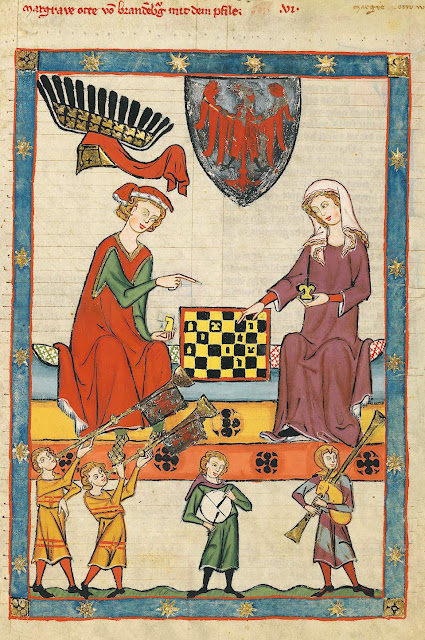When you read the words "frivolous lawsuit," there are two cases that will immediately leap to your mind. In both examples, you're probably wrong.
First, there's the one your cousin told you about, where the guy sued a homeowner for injuries sustained while attempting to rob his home. This one is easy. It's a damn lie, is all. No such case exists, and any similar ones were either dismissed out of hand or easily won by the defense.
The case your cousin was thinking about was actually a fictional one from the movie
Liar, Liar, in which Jim Carrey's secretary relates the legend as though it were a fact to underscore the film's underlying thesis that lawyers are sometimes assholes.
 |
| Who's the liar liar now, Greta? |
The second is the one where a lady sued McDonald's for a bunch of money and won because she spilled hot coffee on herself and got burned. That one is true. You just haven't heard the full story.
The story you usually hear -- the one that begs us all to consider tort reform -- is that some lady tried to drive around town while holding hot coffee in her lap and, surprise, she got some superficial burns. Because of some ambulance chasing hack of a lawyer (the story continues), she got a huge payout based on the lack of warning labels, and that's why we need warning labels for obviously dangerous things.
 |
| When will the government learn? |
The first and possibly most important bullshit stain on that story is the extent of the injuries. We aren't talking superficial burns that she whined about and wore extra bandages to milk in court. Stella Liebeck, the 79-year-old plaintiff in the case, suffered
severe, third-degree burns on 6 percent of her skin. She had lesser burns on
16% of her skin. Keep in mind that a third-degree burn less than one percent of your skin will send your ass straight to intensive care.
If that's not enough, the most severe burns were on her knees, thighs, buttocks, and groin. If you named all the worst places on your body to get third-degree burns, a couple of those are bound to be in the top 5.
 |
| Number one, of course, is the ego. |
Liebeck spent 8 days in the hospital for skin grafts and follow-up care, during which she lost
20% of her body weight, ending up at a morbidly lean 83 pounds. After that, she spent two years receiving medical treatment related to the incident.
There is no justifiable description of this case that could suggest she was milking the injuries. They were honestly horrific, and you're lucky I'm in too good a mood to dig up the images of them.
 |
| Very, very lucky. |
The second blow to the already fragile "frivolous lawsuit" characterization is the fact that Liebeck wasn't driving. She wasn't even in her own car. She was with her grandson, who had pulled over so she could put cream and sugar into her coffee. The car had no cup holders, which is how she ended up holding the cup in the worst possible spilling position.
Finally, the things that ultimately made McDonald's liable in the incident were the fact that the corporate policy on coffee was to keep it at a scorching
190 °F -- a temperature that will cause third-degree burns within 2 seconds of contact -- and the fact that the cup designs were flimsy and prone to lid malfunction. In fact, this was not the first burn-related lawsuit McDonald's had faced. They settled all the previous ones out of court.
 |
| At least they encouraged a modicum of environmental consciousness. |
The company's defense was that customers were expected to order coffee from the drive-thru and let it cool while they traveled, drinking it once they arrived at their destination. It would have been a compelling argument if
their own research hadn't revealed that almost all drive-thru customers started drinking their coffee immediately after buying it. The fact that the company openly admitted that they didn't share the extent of the burn risk with their customers certainly didn't help. Nor did the fact that they had already turned down a settlement offer for $20,000 in medical costs.
So Stella Liebeck won. The jury slapped McDonald's with a multimillion dollar fine to cover both Liebeck's medical expenses and punitive damages. The judge lowered the payout, and McDonald's decided not to appeal when they were able to negotiate a settlement for an undisclosed sum less than $600,000.
There are examples of people abusing the legal system, but this wasn't one of them. Even if the case would have been struck down on appeal, it wasn't
nearly as black-and-white as the legends make it out to be.
Also, most of the time people try to abuse the legal system for financial gain, their cases are dismissed before reaching a trial. And when they're not, they're usually shot down in court. Because for all its faults, the legal system actually kind of works.
Holy shit.





















































